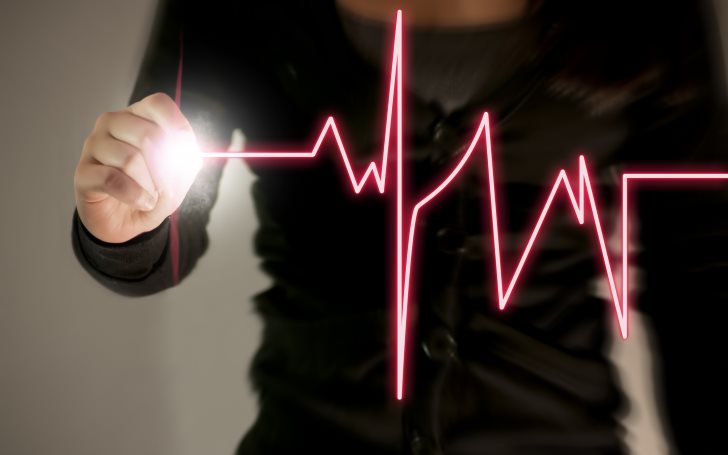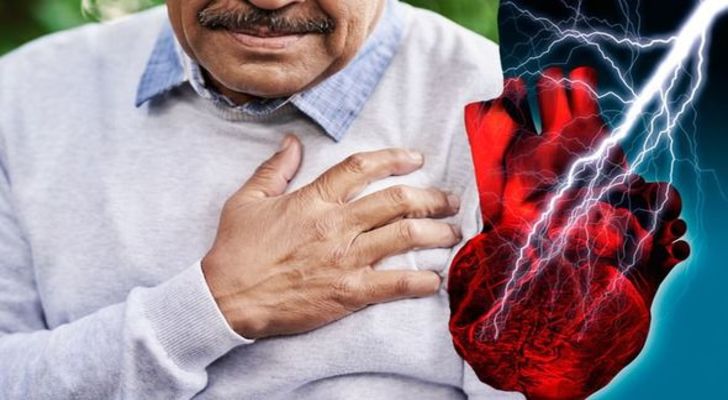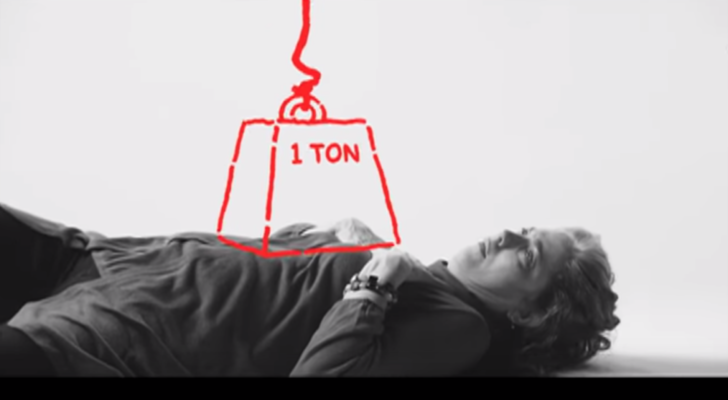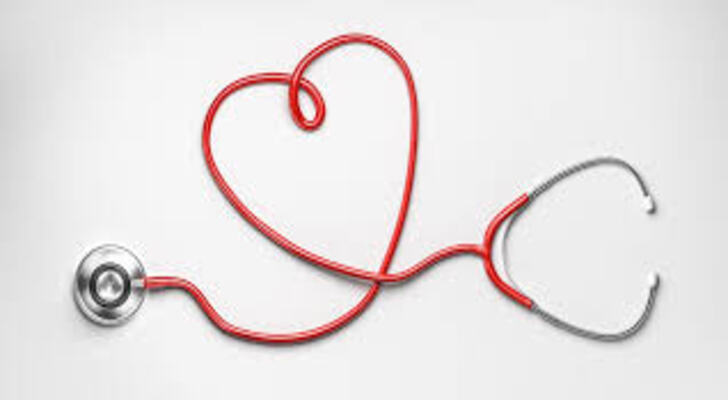Heart Attack Symptoms and Signs

Irregular Heartbeat: If you have an irregular or rapid heartbeat, it can indicate a heart attack. This symptom often appears unexpectedly and requires immediate medical attention. It may feel like your heart is racing or fluttering, and could be accompanied by feelings of anxiety or discomfort. Pay attention to any irregularity in your heart rhythm, especially if it lasts for more than a few minutes.

Shortness of Breath: Limited breath can develop into serious suffocation, especially at night. This sensation, often felt in the neck or face, may indicate an upcoming heart attack, especially if it persists. The feeling of breathlessness can also occur during physical activity or even at rest. It might feel as though you can't get enough air, which could be alarming and requires prompt attention.

Excessive Sweating: Sudden, cold sweating without an obvious reason may be a sign of a heart attack. It differs from regular sweating, being more profuse and accompanied by paleness. The sweat is often clammy and may be accompanied by dizziness or nausea. This kind of sweating can happen even in cool environments, signaling that the body is under extreme stress.

Nausea and Abdominal Pain: Some people may experience nausea, stomach pain, or indigestion before a heart attack. These symptoms are linked to reduced blood supply and plaque buildup in arteries. It may feel like an upset stomach or even resemble symptoms of food poisoning. Women, in particular, are more likely to experience these symptoms, which can make it challenging to recognize as a heart issue.

Dizziness and Lightheadedness: Feeling dizzy or lightheaded can be an early sign of a heart attack. It often comes with fatigue and the inability to focus properly. This may be caused by a drop in blood pressure due to reduced heart function. You may feel as if you are going to faint or lose balance, which can be dangerous if not addressed immediately.

Jaw, Throat, or Facial Pain: Pain in the jaw, throat, or cheeks can be mistaken for a dental problem but may actually be a sign of a heart attack. It can appear without chest discomfort. The pain may radiate from the chest to the jaw or vice versa, and it is important not to dismiss it, especially if it comes on suddenly or is accompanied by other symptoms like shortness of breath or sweating.

Extreme Fatigue: Feeling unusually tired or exhausted, even after light activity, may indicate a potential heart attack, particularly if accompanied by other symptoms. This type of fatigue is often overwhelming, making it difficult to perform even simple tasks. It may occur days or even weeks before a heart attack, serving as an early warning sign that should not be ignored.

Cold or Flu Symptoms: Weakness from cardiac issues can make patients susceptible to cold or flu-like symptoms, including fever. These symptoms, along with dizziness and chest pain, could indicate a serious issue. You may feel generally unwell, with symptoms that resemble a respiratory infection. If these symptoms are accompanied by other signs of heart trouble, it is important to seek medical advice.

Sleep Problems: Insomnia or sleep disturbances may be connected to a heart attack, especially if anxiety and chest pressure are also present. Decreased oxygen levels play a role here. You may find it difficult to fall asleep or wake up frequently during the night. Many patients report a sense of unease or the inability to get comfortable, which can be an indicator of underlying heart issues.

Pain in Shoulders or Arms: Pain that extends to the shoulders or arms, particularly in women, may be an early sign of a heart attack. Tightness or discomfort in these areas should prompt a medical consultation. The pain can radiate from the chest to one or both arms, often affecting the left side more prominently. It may feel like an unusual heaviness or aching sensation that does not go away with rest.
